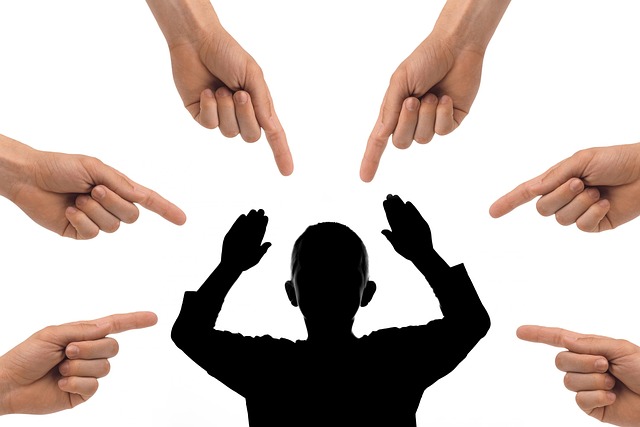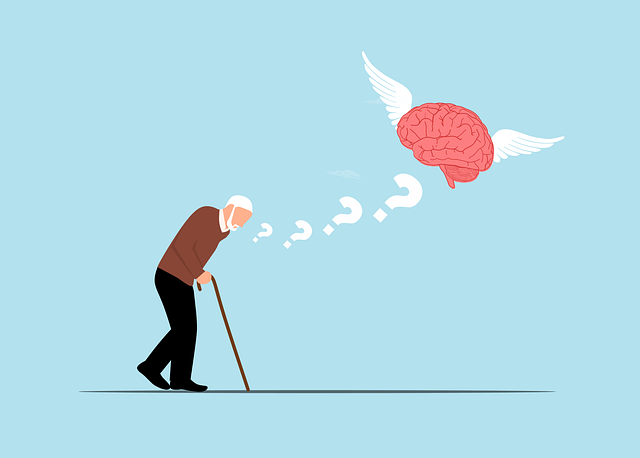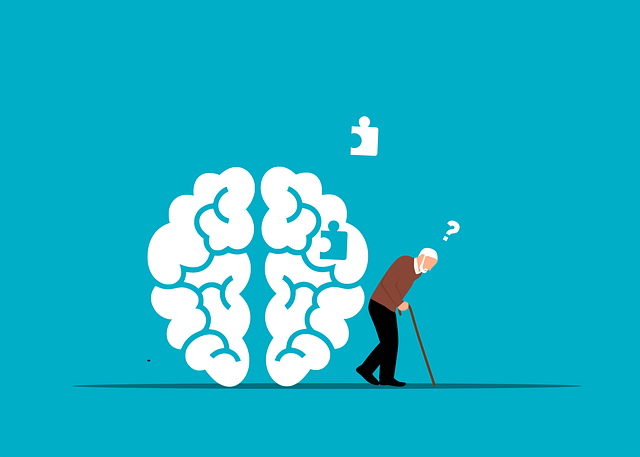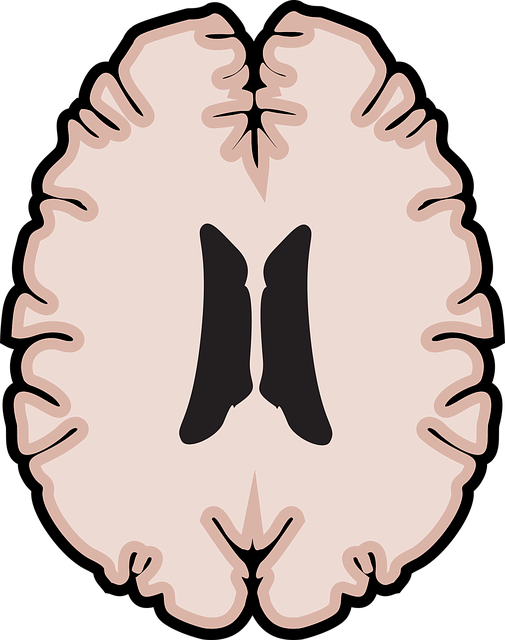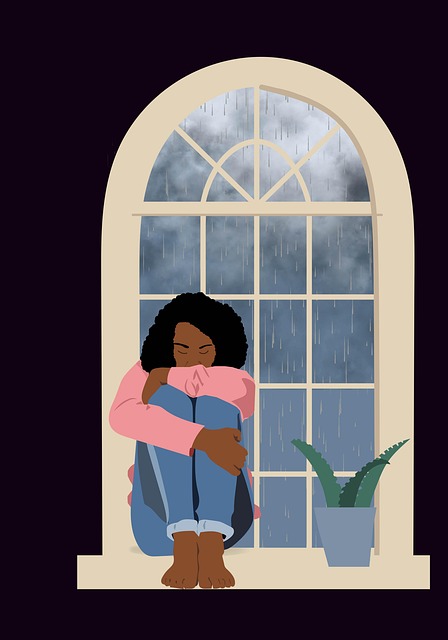The media significantly influences public perception of mental health, especially among younger audiences. Inaccurate or stereotypical portrayals can perpetuate stigma and hinder access to services like therapy for young children and couples counseling. Positive representation in media, showcasing these interventions as accessible tools, is crucial for encouraging open conversations about mental well-being and reducing the stigma associated with seeking help. Early intervention through specialized therapy, including play therapy for kids and couples counseling involving parents, plays a key role in addressing mental health issues in children. By engaging both parents, couples counseling promotes understanding and open communication, vital for early mental health support. Ultimately, media can foster mental health awareness and reduce stigma when it presents accurate, diverse stories of therapy for young children and couples counseling, normalizing discussions and encouraging treatment-seeking behavior.
In today’s media-driven world, accurate representation of mental illness is crucial. This article explores the pervasive challenge of misrepresented mental health in media and its profound effect on young children’s perceptions. We delve into effective solutions such as early intervention through therapy for young children and couples counseling to fortify family dynamics. By empowering communities with educated and accurate media portrayals, we can foster a more understanding society that supports those grappling with mental illness.
Key strategies include integrating therapy for children and couples counseling into the narrative, challenging stereotypes, and promoting realistic depictions.
- Understanding Mental Illness Representation in Media: A Growing Concern
- The Impact of Stereotypes and Misinformation on Young Children's Perceptions
- Therapy for Children: Early Intervention and Support Strategies
- Couples Counseling as a Tool for Strengthening Family Dynamics
- Empowering Communities through Educated and Accurate Media Depictions
Understanding Mental Illness Representation in Media: A Growing Concern

The representation of mental illness in media has become a significant concern in recent years as entertainment platforms continue to shape public perception. Media outlets have long played a pivotal role in shaping societal attitudes and understanding, especially when it comes to sensitive topics like mental health. However, historical portrayals often fall short, perpetuating stereotypes or simply glossing over the complexities of various conditions. This lack of accurate representation can hinder access to services and perpetuate stigma, making it crucial to challenge these narrative trends.
The media’s influence on public discourse regarding mental illness is profound, especially for younger audiences. Children and adolescents are impressionable and often mimic what they see portrayed in their favorite shows or movies. Therefore, the absence of authentic stories about therapy, counseling, and emotional well-being can foster misconceptions about these essential practices. Conversely, when media characters navigate mental health challenges with nuance, it opens doors to meaningful conversations and encourages viewers to seek support for themselves or loved ones, including exploring couples counseling or even enrolling in mental wellness coaching programs designed for development and emotional regulation.
The Impact of Stereotypes and Misinformation on Young Children's Perceptions

Children are highly perceptive and often mimic what they see or hear from media sources, especially when it comes to their understanding of mental health. The impact of stereotypes and misinformation in media representations can be profound, shaping young minds’ ideas about emotions, behaviors, and disorders. When children witness characters with mental illnesses portrayed through negative stereotypes, it may lead to the internalization of these harmful perceptions. For instance, depicting a child with anxiety as timid or weak could reinforce the idea that seeking help is a sign of weakness, discouraging them from ever reaching out for support.
Moreover, inaccurate media portrayals can contribute to the stigmatization of mental illness among young audiences. Portraying couples counseling or therapy as something only “crazy” people need can be detrimental to children’s understanding and willingness to seek professional help later in life. This is where positive representation becomes crucial; showcasing characters who practice mindfulness meditation, engage in social skills training, or build resilience through therapy can offer a more balanced perspective. By presenting mental health treatments as accessible and beneficial tools for everyone, regardless of age, media can play a significant role in fostering open conversations about emotional well-being.
Therapy for Children: Early Intervention and Support Strategies

Early intervention is a powerful tool when it comes to addressing mental health issues in children. Therapy for young children often involves specialized techniques tailored to their unique needs and developmental stages. Play therapy, for instance, utilizes games and imaginative activities to help kids express their emotions and work through traumatic experiences. This approach can be particularly effective as it creates a safe and non-threatening environment where children feel comfortable opening up about their feelings.
In addition to individual therapy, couples counseling can also play a significant role in promoting emotional well-being for both the child and their primary caregivers. By involving parents or guardians in the therapeutic process, counselors can provide education on stress management techniques and offer guidance on improving self-esteem within the family dynamic. This collaborative approach ensures that children receive consistent support at home, fostering a healthier mental environment.
Couples Counseling as a Tool for Strengthening Family Dynamics

Couples counseling offers a powerful tool for addressing mental illness representation in media and strengthening family dynamics, particularly when it comes to therapy for young children. By involving both parents or primary caregivers, this form of therapy fosters an environment of open communication and shared understanding, crucial aspects in navigating mental health challenges early on. Through compassion cultivation practices, couples counseling encourages empathetic connections within the family unit, enhancing mental wellness and promoting healthier interactions.
This approach goes beyond merely addressing individual symptoms; it aims to create a supportive network that positively influences the child’s overall mental health awareness. By strengthening the bond between parents and fostering effective coping strategies, couples counseling can help prevent the intergenerational transmission of mental health issues. This, in turn, contributes to a more resilient family structure, enabling better care for everyone involved.
Empowering Communities through Educated and Accurate Media Depictions

Empowering communities through educated and accurate media depictions is a powerful tool in the fight against mental health stigma. The media has long played a significant role in shaping public perception, often presenting mental illness as a villain or an extraordinary, unattainable struggle. However, by showcasing realistic and diverse stories of individuals navigating their mental health journeys—including successful outcomes like therapy for young children and couples counseling—media can foster Mental Health Awareness and promote compassion.
This shift in representation encourages viewers to approach mental wellness with openness and understanding. Media platforms, from television shows to podcasts, have the potential to spark meaningful conversations around mental illness by highlighting the effectiveness of treatment options, such as Compassion Cultivation Practices, and normalizing discussions about mental health. Such representations can lead to increased support for those seeking therapy or counseling and contribute to a more inclusive, empathetic society.
Mental illness representation in media is a complex issue that demands thoughtful solutions. By promoting accurate and empathetic portrayals, we can challenge stereotypes and foster understanding. Implementing strategies like therapy for young children and couples counseling can significantly impact family dynamics and mental health support systems. Ultimately, empowering communities through educated media depictions is key to creating a more inclusive and supportive society for all.
